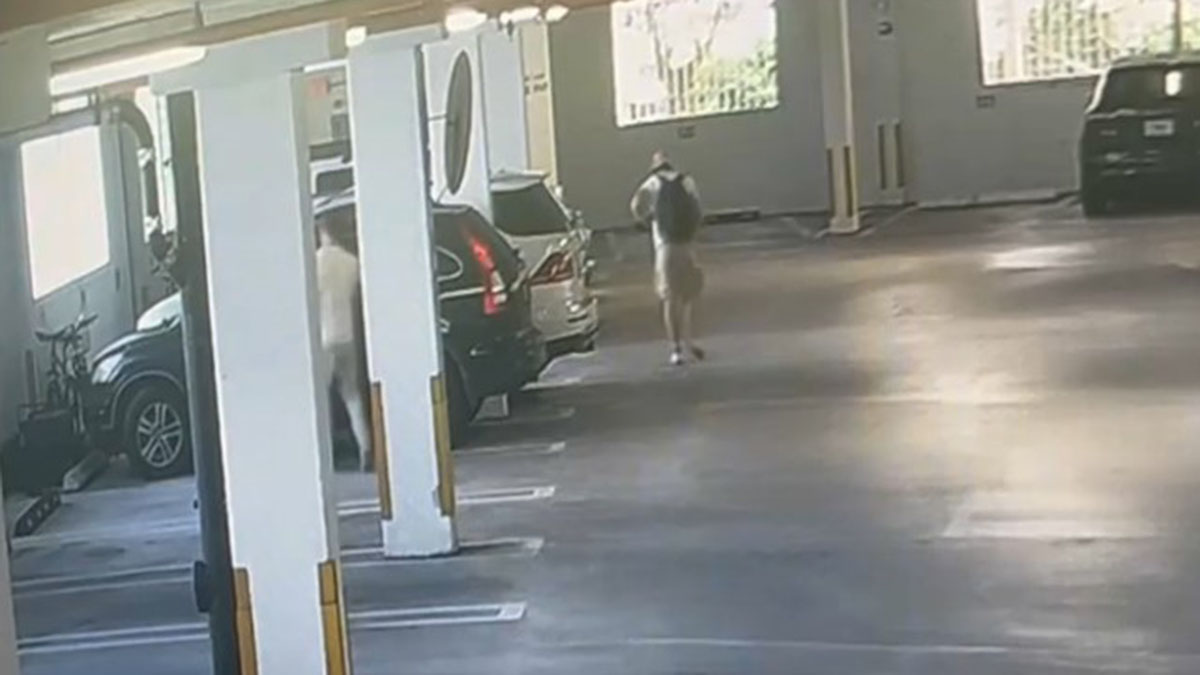One of Medicaid expansion's biggest allies in the Florida Legislature is growing cold on the idea, which leaves the possibility of extending insurance to more than 1 million of the state's most vulnerable nearly dead in the water before the session begins.
Senate President Don Gaetz said he reached out to federal health officials in hopes of negotiating a deal he could take back to House leaders. In a letter to Health and Human Services Secretary Kathleen Sebelius, Gaetz proposed a scaled-back expansion instead of adding the entire group at once.
"Do we have to be the first ones in the minefield? Could we step into it and provide coverage to the people that need it most first and then see how it goes and see if the federal government really does provide funding?" Gaetz said.
In his talks with Sebelius last fall, he also hoped to carve out an agreement for Medicaid recipients to pay premiums and have an option to customize coverage — things House leaders wanted last year. Obama's Affordable Care Act has sought to offer health insurance to more Americans by extending the Medicaid eligibility levels to those making up to 138 percent of the poverty level.
"She basically said, 'It's our way or the highway,'" Gaetz told The Associated Press. "Consequently, we really have nothing that we can negotiate with the House or governor about because we don't have a willing federal partner who has expressed a desire to sit down with Florida."
Health and Human Services spokesman Fabien Levy said, "Our goal in working with Florida has been to be as flexible as possible, within the confines of the law, while at the same time ensuring the benefits of all Medicaid beneficiaries are protected."
The feds said they welcome specific suggestions from Gaetz. They said they have given Arkansas, Iowa and Michigan great flexibility in implementing their Medicaid expansion programs. But the law does not allow Sebelius to approve a phased-in expansion.
The Obama administration's botched rollout of the Affordable Care Act has also made Medicaid expansion a more difficult sell to Republicans and even Democrats this year.
Republican Gov. Rick Scott, who made a dramatic about-face decision when he announced his support for Medicaid expansion last year, also appears to be backpedaling now.
Last year, he called expansion the "compassionate" and "common sense" choice. But earlier this week on MSNBC, he reframed his position.
"I said while the federal government is going to pay 100 percent, I won't stand in the way of the Legislature wanting to do more. But the Legislature made the decision ... not to go forward," Scott said.
Local
House Speaker Will Weatherford, one of the harshest critics of so-called "Obamacare," says the ball is in Sebelius' court.
"I believe they have done a terrible job of giving states flexibility and that they need to come to the state of Florida and offer us a better deal," he told reporters last month.
Weatherford dodged when asked if he would support Medicaid expansion if the feds granted more flexibility.
"It means under the current circumstances we don't think Medicaid expansion is good for Florida," Weatherford said.
Last year, Scott, the Senate, House Democrats, Florida hospitals, health advocates and a diverse mix of business and labor groups all lined up in support of a bill proposed by Republican Sen. Joe Negron that would have drawn more than $50 billion from the federal government in the next decade and given it to an estimated 1.1 million Floridians to purchase private insurance.
The federal government has agreed to pay 100 percent of the costs for three years and start phasing down to 95 percent in 2017. House Republicans worry the U.S. government will not make good on that promise, leaving the state on the hook for the tab.
The Senate proposal would have saved the state money, but House Republicans resisted accepting any funding tied to the federal law and instead passed a bill that would use $237 million in state funds to cover about 115,000 residents.
"It would be much harder to get the Negron plan adopted in the Senate this year because the Senate is wiser and sadder based upon the troubled rollout of Obamacare and the fact that Secretary Sebelius has shown an unwillingness to negotiate with us," Gaetz said.
Rep. Mark Pafford, the incoming Democratic leader, said they have not given up.
"The fact that people will knowingly die if we do not expand health care should be of issue to the Republicans," he said.
In the meantime, health advocacy group Florida CHAIN and Florida Legal Services are helping consumers who would have been covered under an expansion share their frustrations with lawmakers. The League of Women Voters of Florida also has launched a campaign to educate business leaders in an attempt to convince them that Medicaid expansion is an economic stimulus opportunity.
"The issue must remain a top priority, and our people expect us to fight like hell to make sure it remains one," Pafford said.



